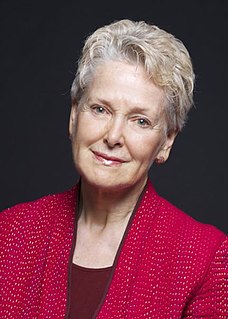A Quote by John Pomfret
I think to a certain extent in Bosnia and among the Hutus in Rwanda and also among the Tutsis in Rwanda who then took revenge on the Hutus, there is a sense of being swept up and a sense that the society in which they live has gone mad.
Related Quotes
The United States is the lone superpower of the world. We have a stake in Rwanda's success because we have a stake in the world's stability.And we have got to understand the need for a paradigm shift. This is not about "might makes right." This is about a democratic movement that pulls out the voices of all of the people so that they come up with a fair and healthy and stable and sustainable society. And if we can learn those lessons in a place like Rwanda, then we can apply them around the world.
In 1933-34, the Belgians conducted a census in order to issue ‘ethnic’ identity cards, which labelled every Rwandan as either Hutu (85%) of Tutsi (14%) or Twa (1%). The identity cards made it virtually impossible for Hutus to become Tutsis, and permitted the Belgians to perfect the administration of an apartheid system rooted in the myth of Tutsi superiority… Whatever Hutu and Tutsi identity may have stood for in the pre-colonial state no longer mattered; the Belgians had made ‘ethnicity’ the defining feature of Rwandan existence.
Given the scale of trauma caused by the genocide, Rwanda has indicated that however thin the hope of a community can be, a hero always emerges. Although no one can dare claim that it is now a perfect state, and that no more work is needed, Rwanda has risen from the ashes as a model or truth and reconciliation.
Their usual mistaken premise is that they affirm some consensus among people, at least among tame peoples, concerning certain moral principles, and then conclude that these principles must be unconditionally binding also for you and me-or conversely, they see that among different peoples moral valuations are necessarily different and infer from this that no morality is binding-both of which are equally childish.
Post-genocide Rwanda has managed to implement a good universal health insurance scheme that covers a large proportion of the population. This came about because of the severity of the country's problems and the resulting high proportion of women in the parliament and among professional caregivers, which had a positive effect on policy.































